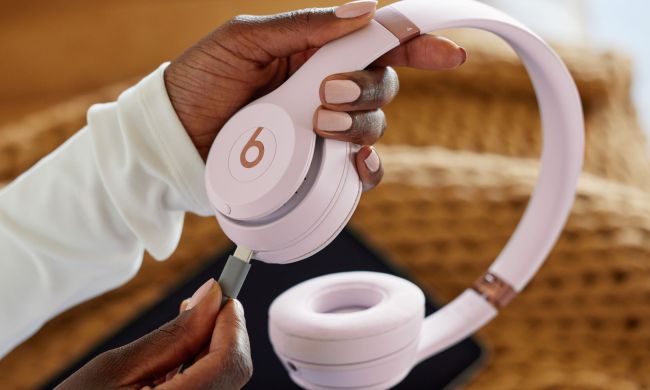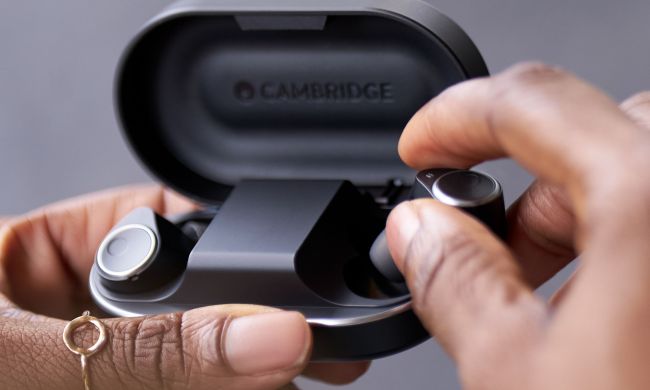They won’t fit a lot of budgets, but if you’re an audiophile who has long wished for a set of wireless headphones that can deliver truly lossless, hi-res audio, the Hed Unity are the first product that can grant your wish. The over-ear cans use Wi-Fi as well as Bluetooth and can store hi-res music within their onboard storage for access to those hi-res tracks even when you’re not at home on your Wi-Fi network. The price for this ultimate level of wire-free listening? $2,199 and you can order them starting April 12 at getunity.com.
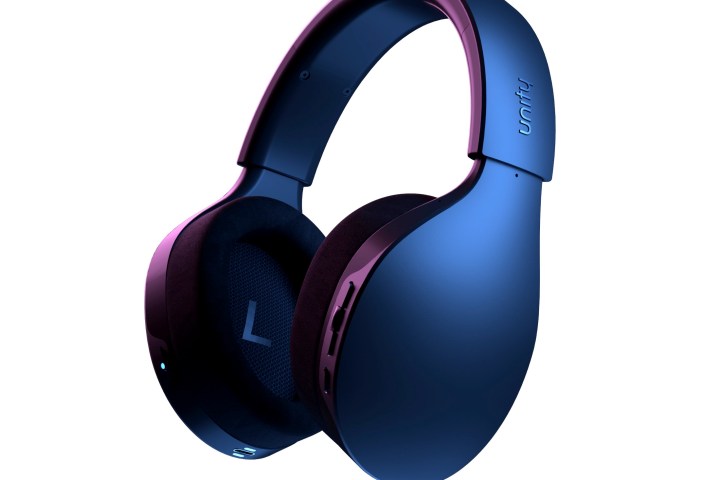
The Unity is the first set of headphones from Hed, a Swiss audio company. The company calls the Unity’s Wi-Fi-based audio Full-Fidelity. “We believe that everyone should be able to listen to audiophile quality audio, whenever and wherever, simply and without compromise,” said Tim Degraye, Co-Founder of HED Unity in a press release. “It’s time to demystify the process. Once you hear the difference it’s impossible to go back.”
Hed says you’ll be able to listen to lossless hi-res tracks at up to 24-bit/96kHz via Wi-Fi, including peer-to-peer connections when a Wi-Fi access point isn’t available. Most wireless Bluetooth headphones can only support a lossy version of hi-res audio, via codecs like LDAC, aptX HD, and aptX Adaptive, and because of the nature of Bluetooth connections, it can be hard to reliably maintain the bandwidth needed for truly hi-res audio. Curiously, the Unity Bluetooth codec support is limited to just SBC and AAC, neither of which can handle hi-res or lossless audio.
The Unity launch comes just a few weeks after PSB Speakers announced that it would be the first to deliver hi-res capable headphones. However, PSB’s headphones aren’t planned for release until 2024, and the company plans to use ultrawideband (UWB) technology instead of Wi-Fi to deliver the extra bandwidth hi-res audio requires. UWB support is far from universal on smartphones and other devices, whereas Wi-Fi is nearly ubiquitous.
At launch, you’ll be able to stream hi-res audio directly from Qobuz, and non-hi-res support includes both Soundcloud and Spotify. Tidal support is coming, according to the company but no word yet on Amazon Music or Apple Music.
Along with the Unity headphones, you can use Hed’s Multisource Music Player inside the Unity app for iOS and Android. This gives you access to catalogs and lets you sync existing favorites within multiple music streaming provider accounts or connect directly to your local media server over DLNA or UPnP network protocols.
If you want to take your music to go, the Unity’s onboard 16GB of storage is enough for about 100-267 songs that have been encoded as lossless FLAC at 24-bit/96kHz, depending on length, or about 600 CD-quality lossless tracks.
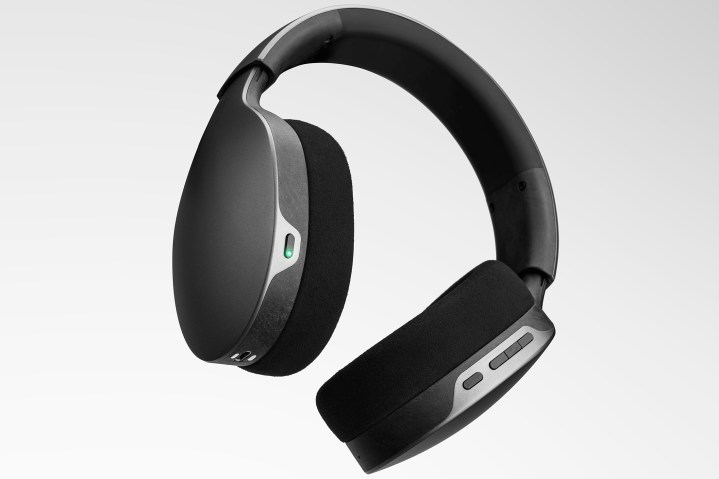
Strangely, despite offering playback compatibility with hi-res audio formats, the headphones themselves are not hi-res certified by the Japan Audio Society because they don’t meet that organization’s requirements for high-frequency reproduction at up to 40kHz. The Unity’s claimed frequency response is 20Hz to 22kHz.
The Unity are also active noise canceling (ANC) headphones and sport a huge array of 12 microphones. According to Hed, four of those mics support ANC, while the other eight are beamforming and background noise canceling for phone calls. By using dense materials that reduce the outside noise, the ANC may not produce the same sensation of pressure that can be common on other ANC headphones.
Hed has also loaded the Unity with a 9-axis motion sensor (accelerometer, gyro, magnetometer) which will be used for head tracking and augmented reality. At launch, these features (plus Hed’d own version of spatial audio) won’t be available, but the company says it will roll them out with future firmware updates.

Though the Unity’s design won’t strike everyone as beautiful, Hed hasn’t spared any expense on the materials — as you would expect for a $2,199 set of headphones. The ear cups are milled from a single block of architectural-grade aluminum alloy and combined with a vibration-reducing, carbon fiber-infused nylon chassis. Hed claims this design offers a strong, lightweight structure with a radiant finish.
The Unity’s battery charges quickly — from empty to 100% in 1.5 hours — but it doesn’t last very long. The company says you only expect between six and eight hours of Bluetooth streaming or Hi-Res Wi-Fi streaming.
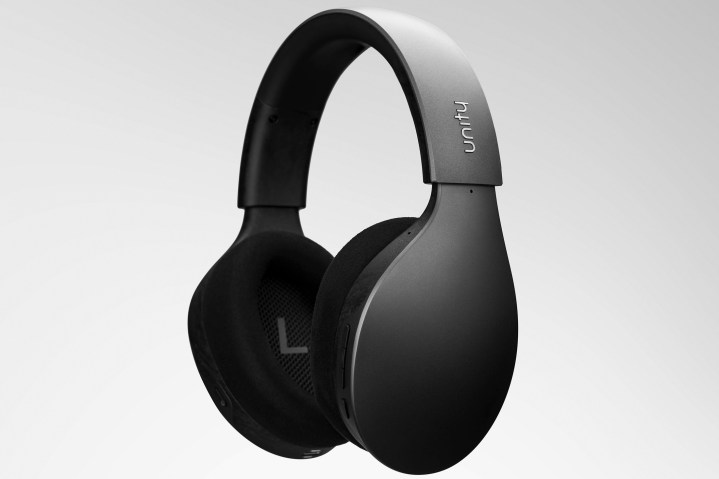
As exciting as it is to finally have the option to listen to lossless, hi-res audio on a wireless set of headphones, the price of the Hed Unity is bound to give many folks pause. At $2,199, they’re one of (if not the most) expensive wireless headphones you can buy.
Are they worth it? If we get an opportunity to put them through their paces in a full review, we’ll let you know.

